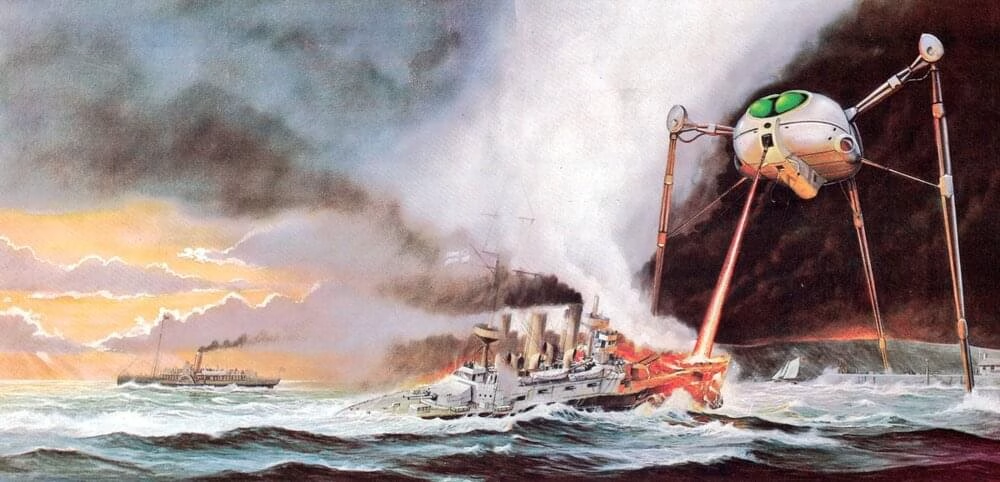To truly appreciate Jethro Tull, one must understand the musical influences that inspired them. Their innovative sound didn’t emerge in a vacuum; it was a product of a significant evolution in rock music—culturally and sonically. Without this transformation, we might not have the eclectic collection of albums by Jethro Tull that we celebrate today.
One major influence on the band was Cream. Ian Anderson once hailed them as pioneers of progressive rock. Their approach to music showed other bands that they could transcend standard rock genres and explore a variety of styles.
Similarly, Led Zeppelin made a notable impact on Anderson, not just by encouraging genre-blending, but also by introducing cultural influences into their music. They illustrated that sound could bridge geographical boundaries, as elements from India and Africa began seeping into contemporary music during the late ’60s.
“They demonstrated to their peers that it was possible to play simple, straightforward rock dramatically, while also incorporating diverse musical elements,” Anderson explained. “Zeppelin’s early work featured influences from folk, Asian, and African music.”
Both Cream and Led Zeppelin helped shape Jethro Tull’s artistic philosophy, where creativity knew no bounds. While rock music remained at their core, the band delighted in experimenting with various styles, ensuring that no two albums ever sounded alike. This rich diversity means there’s something for everyone in Jethro Tull’s discography.
This leads to a compelling question: out of all their diverse albums, which one stands out as their best-selling?
Jethro Tull’s Best-Selling Album
Most fans would likely guess that Jethro Tull’s best-selling album is the iconic Aqualung, released in 1971. This record is often regarded as one of the band’s finest works, showcasing powerful guitar riffs, masterful flute arrangements, and timeless themes.
Ian Anderson has noted the album’s enduring relevance, emphasizing its social commentary on homelessness and poverty. “The insights contained in the songs are just as pertinent today as they were in 1971,” he remarked. “The issue of homelessness continues to persist. While we once referred to these individuals as ‘tramps’ in the ’50s and ’60s, the situation has only grown more concerning due to factors such as drug addiction and exploitation.”
This ongoing relevance is what keeps Aqualung significant, making it a classic that resonates with listeners across generations. Whether you’re a longtime fan or new to Jethro Tull, this album remains a vital piece of their legacy.













